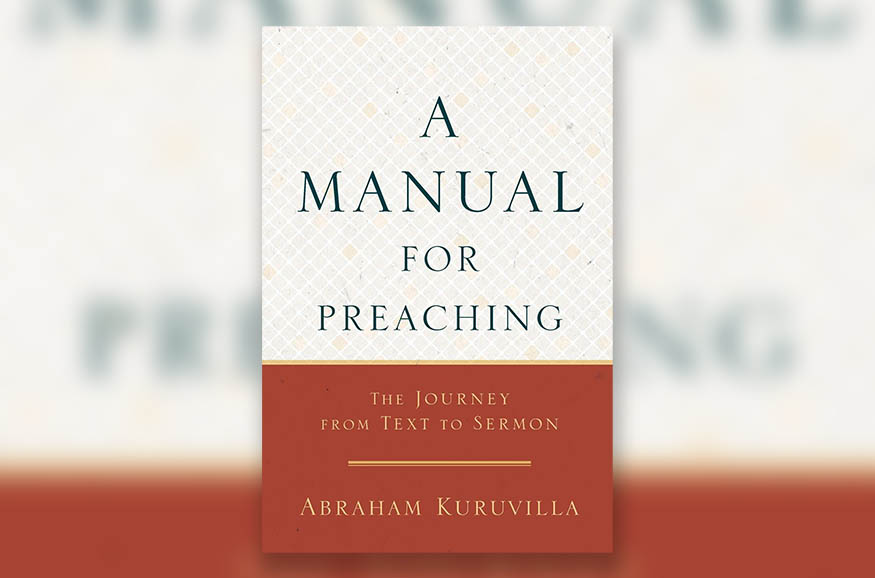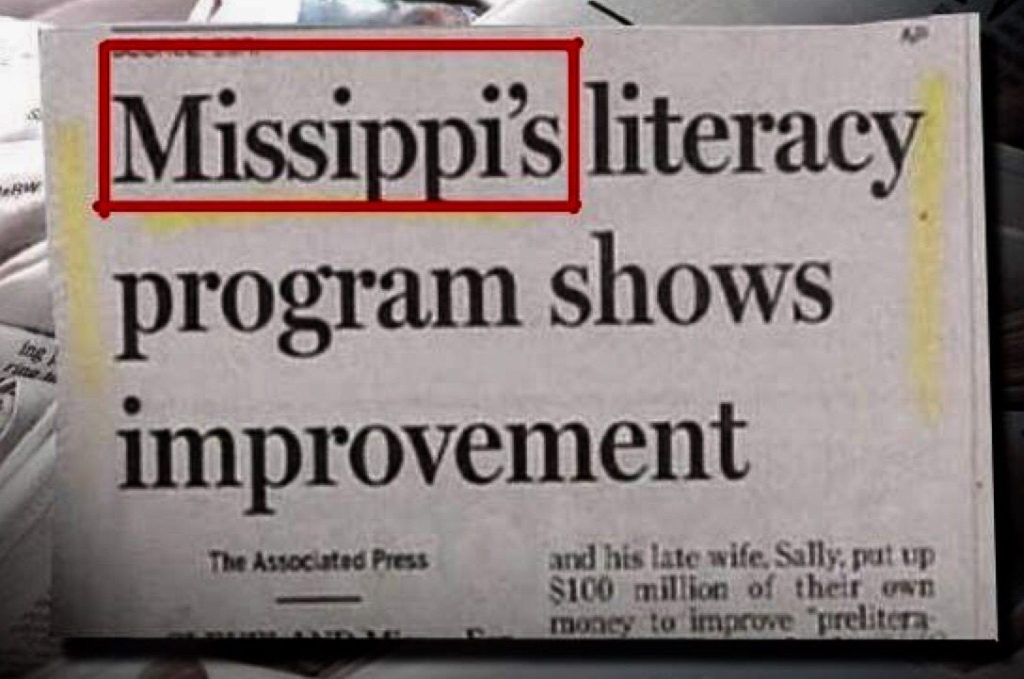I just completed reading Bellinger’s, Connecting Pulpit and Pew: Breaking Open the Conversation about Catholic Preaching. You can look for my review in a future issue of the Journal of the Evangelical Homiletics Society (JEHS).
Here’s why. The author surveyed over 500 Catholic high school students to ask them how well sermons connect with them. I don’t know if I’ve ever read any homiletics material devoted to how teens hear sermons.
We know it’s important to connect with our listeners and this book helped me want to do that even better. Bellinger’s surveys of young people and clergy will provide an opportunity for you to evaluate your own preaching.
Especially convicting was the thought that many preachers are winging it and allowing other pastoral duties to squeeze out sermon preparation time.
So, if you want to spend some time thinking about audience analysis, this is a helpful little read. If you preach to young people or you have a youth pastor in your church, you will certainly benefit from reading the book or telling your colleague about it.
One of the values of reading outside my own church culture is the exposure I get to other authors. For instance, Bellinger introduced me to a book written in 1942, How to Make Us Want Your Sermon: by a Listener (O’Brien Atkinson). Speaking of our listeners, he writes, “We have one advantage. Whoever you are, wherever you preach, however lowly or lofty the occasion, the prosperity of your sermon will rest with us. If we say it was over our heads, or hard to follow, or dull and wearisome, there will be no appeal from that verdict. You may think us stupid, and we may be stupid, but our verdict will be final” (p. 55).
Enjoy. And preach a good sermon this Christmas Sunday, will ya?!
May our Lord receive glory in the church and in Christ Jesus (Ephesians 3:21).
Randal













